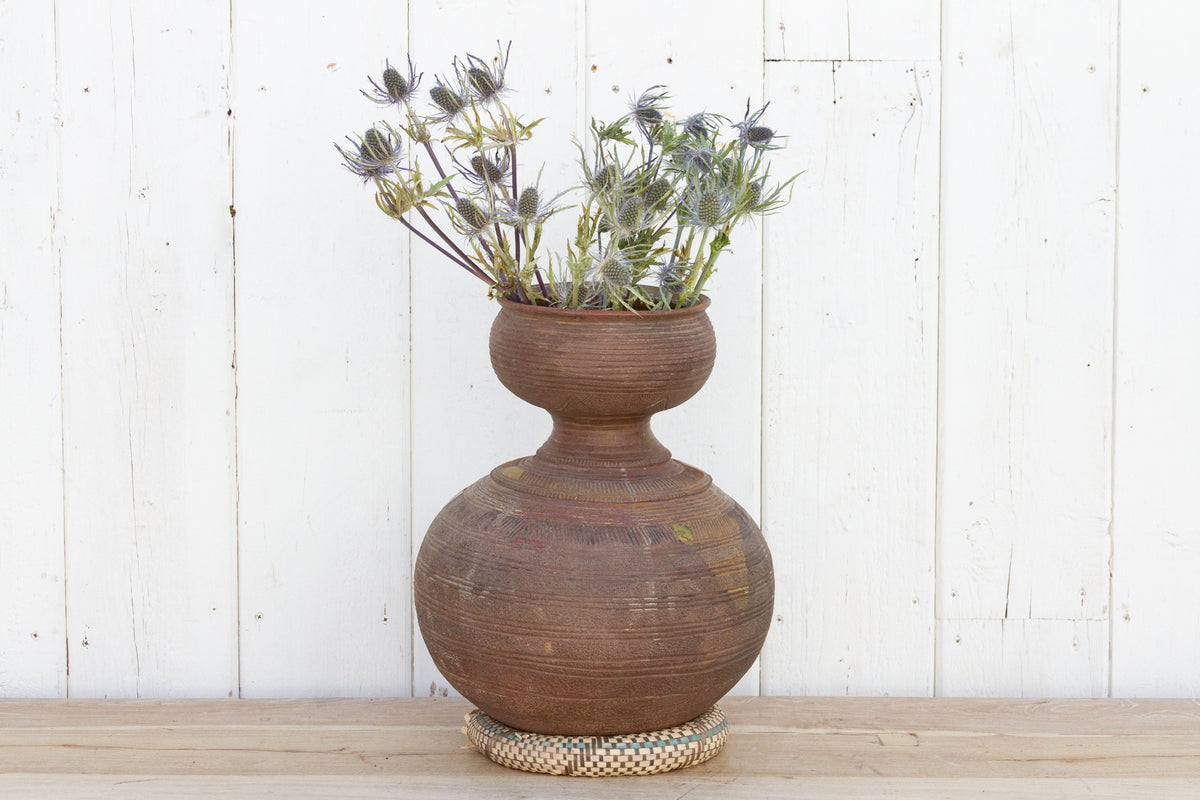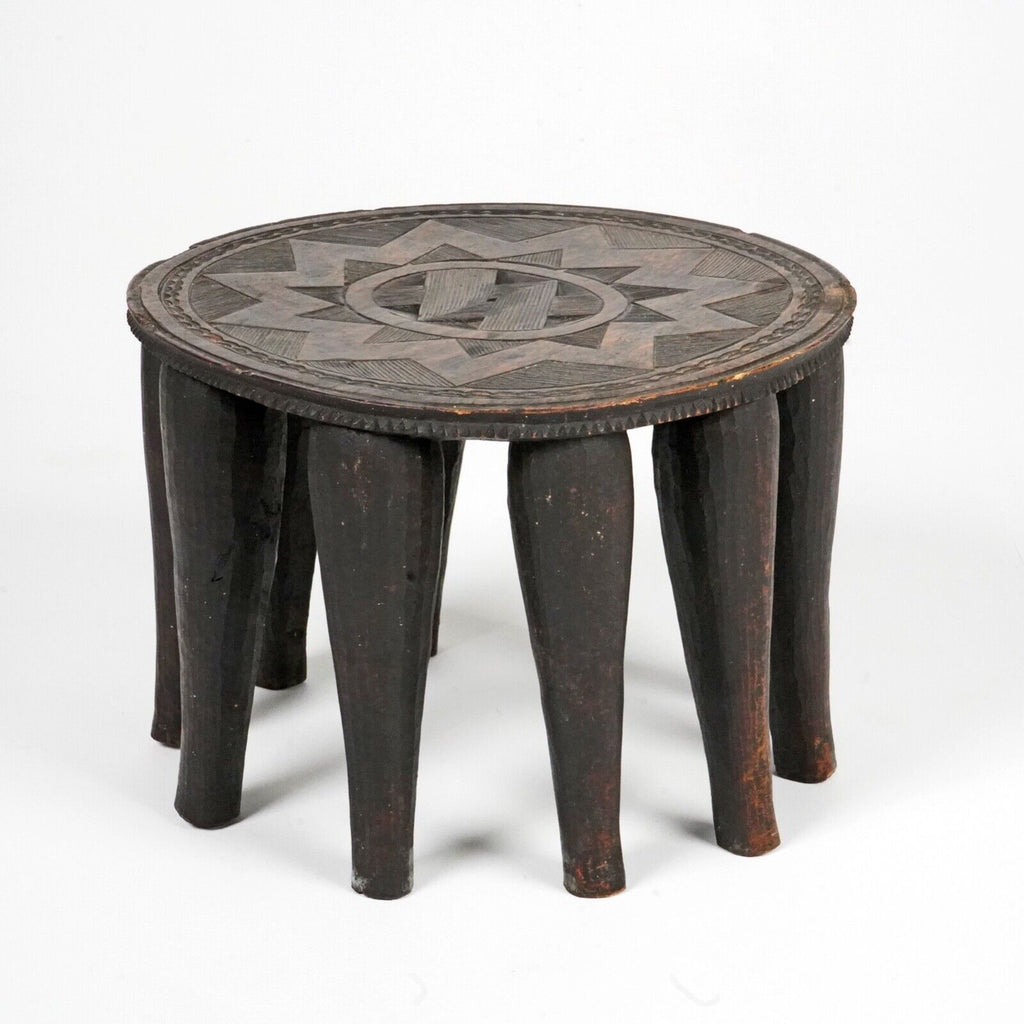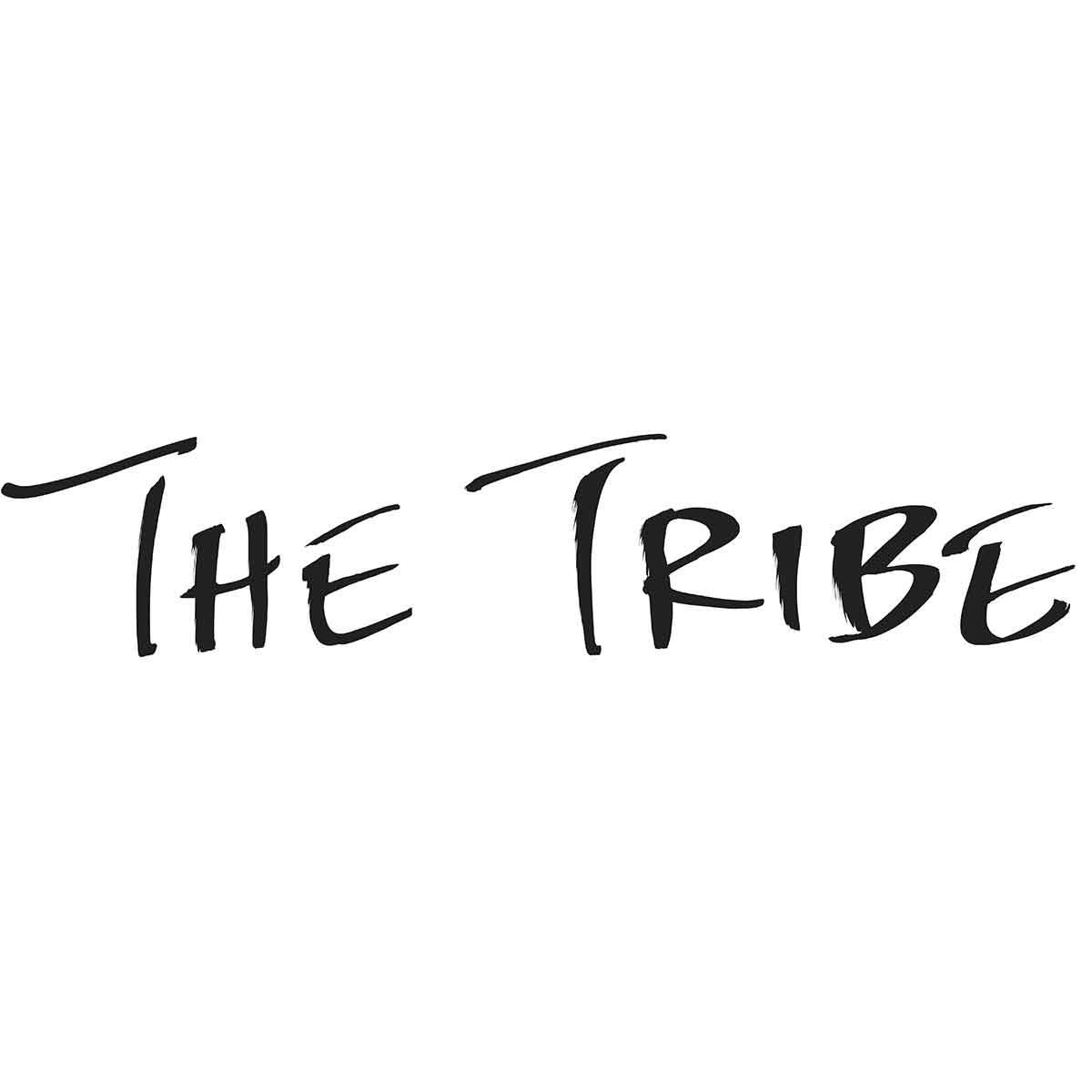You know, when you think about the heart of Nigeria's middle regions, there's a particular group of people who really stand out, actually quite a lot. These are the Nupe, and they hold a very special place, being, in a way, the largest ethnic group right there in the middle belt. They are, you could say, absolutely central to a great deal of Nigerian artistic expression and cultural ways. It's like they're a vibrant thread woven deeply into the very fabric of the country's creative spirit.
This group, the Nupe, is, in some respects, quite fascinating because they are organized into a collection of smaller, very closely connected groups, each living in their own specific areas. You might find names like the Beni or the Zam among these different parts of the wider Nupe community. It’s a bit like different branches all growing from the same strong, old tree, each with its own unique flavor but sharing a common root, you know?
So, if you are interested in getting to know the people of Nigeria, especially those with a truly rich past, a unique way of life, and really captivating artistic traditions, then getting to know the Nupe is a pretty good place to start. From their long, long history that stretches back centuries to their specific marriage customs, their traditional rulers, and even the art you can find in places like Bida, there's just so much to discover about this remarkable group of people, apparently.
- 60s Mod Hair
- Son And Stepmother
- How Old Is Karen Gillan
- %D0%B3%D0%B0%D0%B1%D0%B8 %D0%BA%D0%B0%D1%80%D1%82%D0%B5%D1%80
- Dan Bongino Education
Table of Contents
- Discovering the Nupe Tribe - A Central Nigerian People
- What Makes Nupe Culture So Special?
- Where Do the Nupe Tribe Live?
- How Has the Nupe Identity Changed Over Time?
- Nupe Community and Traditions
- Nupe Connections - Links to Other Groups
- A Look at Nupe Art and Attire
Discovering the Nupe Tribe - A Central Nigerian People
When we talk about the Nupe, we're really focusing on a community that calls the middle part of Nigeria their home, you know. They are, in fact, quite a significant population, especially when you consider the overall picture of ethnic groups in that particular geographical area. Their presence is, well, very noticeable, and they play a rather important role in the overall cultural landscape of the country, actually.
These people, the Nupe, are not just a single, uniform entity, which is interesting. Instead, they are made up of several smaller units, all of which are quite closely related and share a common heritage, too. These distinct groups have their own specific areas where they primarily live, but they are all connected by a shared sense of identity and tradition. For instance, some of the most well-known and influential of these groups include the Beni, the Zam, the Batache, sometimes called Bataci, and the Kede, or Kyedye. Each of these components contributes to the rich fabric of what it means to be Nupe, creating a diverse yet unified whole, you see.
Their history, it’s fair to say, is something they can truly be proud of. It stretches back for a really long time, centuries even, well before the modern country of Nigeria as we know it today was even thought of, apparently. This deep historical background means they have a wealth of stories, customs, and ways of doing things that have been passed down through many, many generations. It gives them a kind of depth and resilience that is quite remarkable, if you think about it.
- Stoudt Ross
- Wishes For Safe Delivery
- Rick Ross And Tia Kemp
- Ivan Moody Military
- First Country To Enter 2025
Who are the Nupe Tribe, Anyway?
So, who exactly are these Nupe people? Well, they are, in essence, an ethnic group whose origins are firmly planted in the middle belt region of Nigeria. They are, in a way, the dominant population in Niger State, which is a pretty big deal. But their presence isn't limited to just one state, not at all. You'll also find a considerable number of them in Kwara State, where they represent an important minority group, and they are also present in Kogi State, as well as in the Federal Capital Territory, Abuja, too. It’s quite a widespread community, actually, showing their significant reach across various parts of the country.
What’s rather interesting is how they refer to themselves versus how others know them. The Nupe people, in their own language, call themselves "Nupeci," and their language, quite simply, is "Nupe." However, their neighbors, the people living around them, have different names for them, which is, you know, quite common for many ethnic groups. For example, the Hausa people often call them "Nupawa," while their Yoruba neighbors traditionally refer to them as "Tapa." Other names you might hear include "Abawa," "Anupeyi," "Anufawhei," and "Anupecwayi." It’s like they have a whole collection of identities depending on who you’re talking to, isn't that something?
These various names just highlight the rich interactions and historical connections the Nupe have had with other groups over a very long period. It shows, in some respects, how different communities perceive and name one another, often based on long-standing relationships or even specific historical events. This naming convention is, really, a little window into the broader cultural exchanges that have shaped the region for centuries, you see.
What Makes Nupe Culture So Special?
The Nupe culture is, arguably, something truly special, marked by a really rich heritage, a strong sense of belonging within their communities, and a collection of customs that are quite unique. When you look at their way of life, you quickly see that these are people who value their shared identity and traditions very much. It's not just about history; it’s about how that history shapes their present and their future, too. Their culture is, well, a living thing, constantly expressed in their daily lives and special events.
One of the things that makes their culture stand out is their profound connection to art and creative expression. They are, in a way, at the very heart of Nigerian art, and this isn't just a casual observation. Their artistic endeavors are a core part of who they are, reflecting their beliefs, their history, and their aesthetic sensibilities. This artistic spirit is woven into many aspects of their lives, from the things they make with their hands to the way they adorn themselves, you know.
Their unique traditions are also something to behold. These aren't just old practices; they are customs that have been refined and cherished over generations, actually. Whether it's the way they celebrate important life events, their approach to community governance, or their everyday rituals, there's a distinct Nupe flavor to everything. This strong adherence to their traditions helps to maintain their cultural identity and ensures that their unique ways of life continue to thrive, which is pretty cool.
The Nupe Tribe's Artistic Expressions
When you consider the Nupe tribe, their artistic traditions are, really, a highlight. They have a long-standing reputation for producing beautiful and meaningful works of art, which is, in a way, a testament to their creative spirit. These artistic creations are not just for show; they often carry deep cultural significance and are used in various aspects of their daily lives and ceremonial practices. It's like every piece tells a story, apparently.
Their artistic output includes a wide range of forms, from intricate crafts to decorative patterns. For instance, if you were to visit a place like Bida, which is a very important town for the Nupe people, you would find a hub of this artistic activity. Bida is, in fact, quite famous for its traditional crafts, particularly brass work, glass beads, and various textiles. The skill and precision involved in making these items are, well, quite impressive, and they showcase the deep artistic heritage of the Nupe, you know.
Beyond the crafts, their artistic expression also extends to fashion and attire. The traditional marriage attires of the Nupe, for example, are known for their beauty and specific designs. These garments are not just clothes; they are, in a way, statements of identity and tradition, often featuring unique patterns and styles that are distinctly Nupe. It’s like wearing a piece of their history and culture, which is pretty neat. You can often find visual glimpses of their art and fashion, showcasing the richness of their cultural practices, too.
Where Do the Nupe Tribe Live?
The Nupe people are, in some respects, quite widely distributed across several states in Nigeria, just like many other Nigerian communities. However, there are specific areas where their presence is much more concentrated and where they form the dominant population. This geographical spread is, well, a result of centuries of movement, settlement, and historical events that have shaped their living spaces, you see.
Their primary home is, without a doubt, Niger State. Here, they maintain a very strong presence and are the most prominent ethnic group. This means that in Niger State, you'll find their culture, language, and traditions are very much at the forefront of daily life. It’s like the heartland of the Nupe people, actually, where their cultural roots run deepest. Many of their main towns and historical sites are located within this state, too, further solidifying its importance.
But their presence doesn't stop there, not at all. You'll also find significant Nupe communities in Kwara State and Kogi State. While they might be an important minority in Kwara, their cultural impact and historical ties there are still very much felt. In Kogi State, too, they form a part of the diverse population. Furthermore, a good number of Nupe people also reside in the Federal Capital Territory, Abuja, contributing to the rich cultural mix of Nigeria's capital city. This broad distribution shows, really, how far their influence and population reach across the country.
The Broad Presence of the Nupe Tribe
When we talk about where the Nupe tribe can be found, it’s clear their geographical distribution is quite extensive, actually. Beyond Niger, Kwara, and Kogi states, their presence stretches into Nasarawa State as well. This wider spread means that the Nupe people have, in a way, adapted to various local conditions while still maintaining their core cultural identity. It's a testament to their resilience and their ability to thrive in different environments, you know.
One of the most important towns associated with the Nupe people is Bida. This town is, arguably, a central point for Nupe culture and traditions, often considered a hub for their artistic and social activities. It’s a place where you can really get a sense of the Nupe way of life, from their markets to their community gatherings. Bida is, in some respects, a symbol of Nupe heritage and continuity, too.
It's also worth noting that the Nupe language itself has close ties to other languages in the region. For instance, the Nupe language is quite closely related to Kakanda in its structure, which is pretty interesting. This linguistic connection hints at shared historical roots and interactions with neighboring groups, further illustrating the complex web of relationships that define the middle belt of Nigeria. It’s like a big family of languages, in a way, with Nupe being a distinct but connected member.
How Has the Nupe Identity Changed Over Time?
The identity of the Nupe people is, well, not something that has remained fixed and unchanging over the centuries. In fact, research into the "Nupe question," as some scholars call it, continually shows that what it means to be Nupe encompasses far more than just the traditional ideas of a tribe or a language found in specific states like Niger, Kwara, and Kogi. It’s a bit like peeling back layers of an onion, with each layer revealing something new, you know.
This understanding of Nupe identity has, in some respects, been growing and becoming more expansive over the past few decades. As more and more information comes to light from various studies and investigations, our picture of who the Nupe are becomes richer and more detailed. It's a dynamic process, actually, where new discoveries help us to see their history and their present in a broader, more nuanced way. This evolving definition is, really, a sign of a living culture that continues to adapt and reveal itself.
It’s a bit like realizing that a river isn't just the water you see flowing by, but also all the smaller streams that feed into it and the land it shapes along its course. The Nupe identity, therefore, isn't just about a single, simple definition; it’s about a complex and interconnected heritage that continues to unfold as we learn more. This ongoing discovery is what makes studying the Nupe people so fascinating, apparently.
The Story of the Nupe Tribe's Past
The story of the Nupe tribe's past is, arguably, quite extensive, stretching back centuries before Nigeria became a modern nation. It's a history that speaks of resilience, cultural development, and interaction with various other groups in the region. Their origins are, well, deeply rooted in the historical landscape of what is now Nigeria, providing a rich backdrop for their current existence, you know.
Many believe that the Nupe people are descended from the Tsoede dynasty, which is a significant historical lineage. This connection suggests a very old and established heritage, linking them to a period of powerful rule and cultural foundation. The Tsoede dynasty, in a way, provides a foundational narrative for the Nupe, explaining some of their early social structures and cultural practices. It’s like a foundational myth that helps explain who they are today, actually.
Understanding their history also means looking at their social organization. The Nupe are, in fact, quite well-organized into a number of closely related territorial groups. These groups, such as the Beni, Zam, Batache, and Kede, are not just random clusters of people; they are distinct units that have historically played important roles in the wider Nupe society. This kind of organization points to a sophisticated system of governance and community life that has been in place for a very long time, apparently.
Nupe Community and Traditions
The Nupe people are, well, widely recognized for their strong sense of community and their deeply rooted traditions. These aren't just abstract ideas; they are visible in the way they live their lives, interact with one another, and celebrate important moments. Their community spirit is, in a way, a cornerstone of their society, providing support and a shared identity for everyone involved, you know.
Their traditions encompass a broad range of practices, from daily customs to more elaborate ceremonies. For example, their marriage customs are a significant part of their cultural heritage. These practices involve specific rituals and social expectations that have been passed down through generations, ensuring that new unions are celebrated in a way that respects their ancestral ways. It’s like a beautiful dance of tradition and celebration, actually.
The monarchy also plays a vital role in Nupe society. Traditional rulers are, in some respects, central figures who help maintain social order, resolve disputes, and preserve cultural norms. Their presence underscores the importance of leadership and continuity within the community. This system of governance has, really, been a part of Nupe life for a very long time, providing stability and a framework for their collective existence, too.
Inside the Nupe Tribe's Daily Life
When you get a closer look at the Nupe tribe, you see that their daily life is, well, shaped by a strong sense of collective identity and shared values. This isn't just about big ceremonies; it’s about the everyday interactions, the way families are structured, and how people support each other within their communities. Their social fabric is, in a way, quite tightly woven, creating a supportive environment for everyone, you know.
Kinship, for instance, is a very important concept in Nupe society. The origin and structure of kinship ties are central to understanding how



Detail Author:
- Name : Adrian Jakubowski
- Username : bogan.jennings
- Email : polly.hahn@hotmail.com
- Birthdate : 1991-07-20
- Address : 82444 Koepp Shore Koleview, MT 39576-8476
- Phone : 1-336-818-5155
- Company : Ferry, West and Parisian
- Job : Rock Splitter
- Bio : Velit vero amet incidunt quia asperiores. Eos earum doloremque architecto cum iure architecto voluptas. Commodi magni non aut in.
Socials
tiktok:
- url : https://tiktok.com/@elisa9079
- username : elisa9079
- bio : Et reprehenderit doloribus qui ratione adipisci soluta.
- followers : 5037
- following : 3000
facebook:
- url : https://facebook.com/elisa_considine
- username : elisa_considine
- bio : Non alias velit est eos. Provident maiores mollitia dignissimos voluptates.
- followers : 6663
- following : 521
linkedin:
- url : https://linkedin.com/in/elisa6289
- username : elisa6289
- bio : Aut tempore vel est sequi tempore hic at ea.
- followers : 3462
- following : 795
twitter:
- url : https://twitter.com/considine2015
- username : considine2015
- bio : Nostrum omnis deserunt magni dolorem libero placeat illo. Sed temporibus eligendi nesciunt vel vel. Non qui deserunt quisquam saepe.
- followers : 3913
- following : 1264
instagram:
- url : https://instagram.com/considinee
- username : considinee
- bio : Ducimus est quis est et vero ut cumque. Voluptate ea culpa eaque ipsa aperiam eos.
- followers : 6963
- following : 2924
